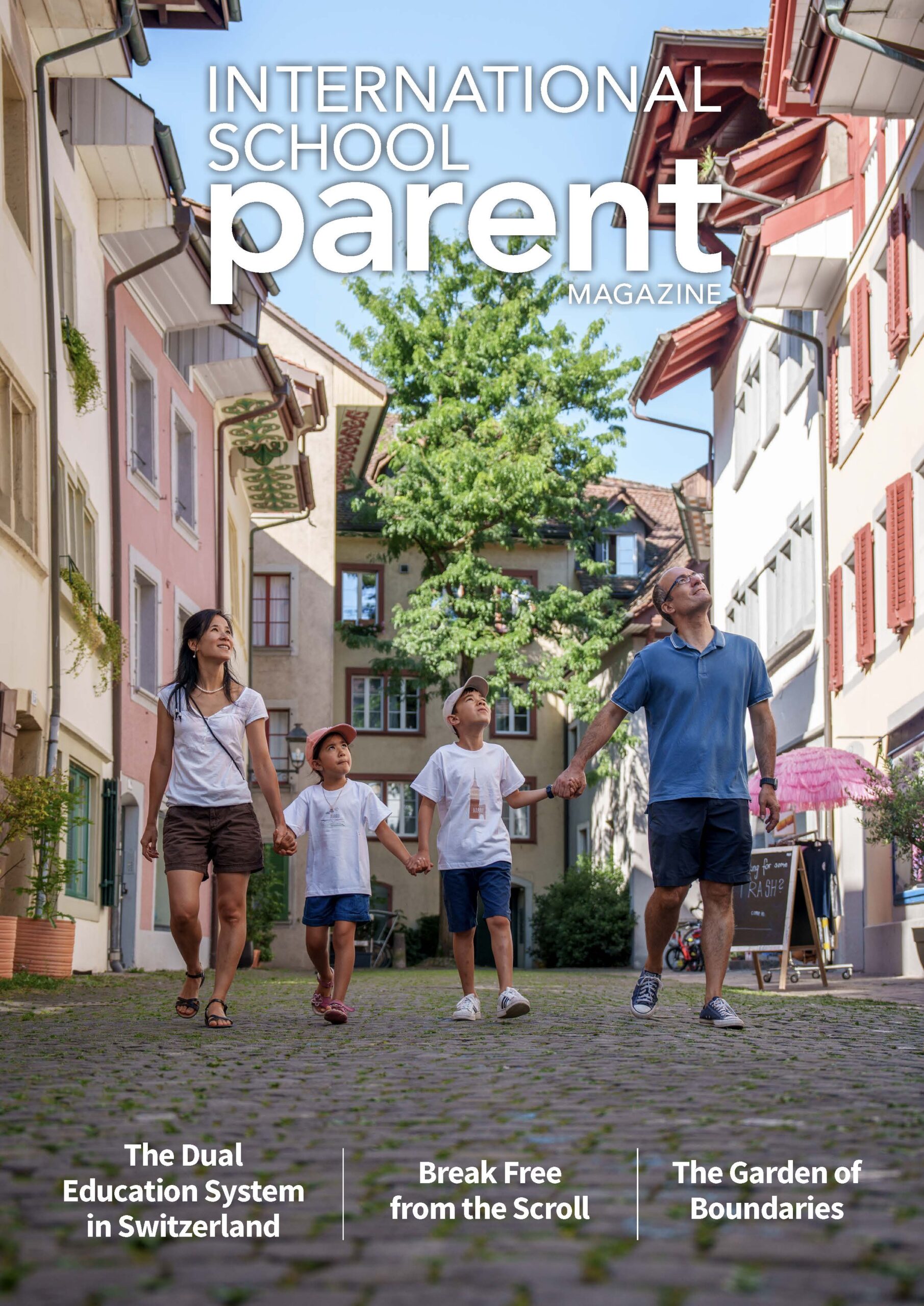From Participants to Decision-Makers: Rethinking Leadership in Schools

By Angela Mitra (Co-Head of OBS)
Education is about preparing young people for their future. Schools equip students with knowledge, critical thinking skills, and the ability to collaborate and solve complex problems. Many already emphasise adaptability, digital literacy, and global awareness. Yet, future readiness is not just about acquiring skills; it is about developing agency. When students are trusted to take responsibility, make meaningful decisions, and contribute to their school community, they gain the confidence and experience to navigate real- world challenges.
This isn’t an abstract ideal but a tangible reality. Schools can integrate student leadership as a foundational principle rather than a peripheral initiative. When students are entrusted with real responsibilities, they develop a sense of ownership and accountability while acquiring the skills to navigate challenges. The impact extends beyond individual students—school cultures shift as young people take an active role in shaping their educational environment rather than passively participating in it.
Traditional student leadership is often reduced to a student council that plans events or discusses topics such as school lunches or dress codes. While this is valuable, it rarely gives students real decision-making power. A more effective model is inspired by governance principles, where leadership is a shared, structured, and evolving process. Instead of being a privilege reserved for a select few, leadership becomes an integral part of school life, allowing students to influence policies, resolve conflicts, and shape their educational experience.
Two student-led roles at Obersee Bilingual School stand out in this approach: Respektlotsen (Respect Guides) and Friedensvermittler (Peace Keepers). While both focus on fostering a positive school culture, they have distinct responsibilities.
Respektlotsen are student-elected leaders who promote a culture of respect, responsibility, and inclusion within the school. They act as role models and first responders when tensions arise, whether in interpersonal conflicts or situations where school values are not upheld. They mediate minor disputes before they escalate, encouraging students to take responsibility for their actions and reflect on how their behaviour impacts the community. Their role is not to discipline but to guide their peers toward self-awareness and accountability. Beyond conflict resolution, they lead initiatives on social cohesion, diversity, and respectful communication, reinforcing the school’s core values.
Friedensvermittler take on more complex cases that require structured mediation. Their training in conflict resolution and restorative justice equips them to handle not only disputes between students but also breaches of school rules or behavioural expectations. When tensions escalate, they step in to ensure a fair, structured process for addressing concerns, whether those involve interpersonal disagreements or actions that go against the school’s values or rules. They facilitate conversations, document the mediation process, and help all parties reach a resolution that fosters long-term understanding and accountability. In some cases, they may encourage students who struggle with behavioural expectations to engage in community service or other restorative actions, using active participation as a means to rebuild trust and strengthen their sense of belonging. If necessary, unresolved issues are escalated to teachers or school leadership.
Beyond reducing conflict, these experiences develop valuable life skills in mediation, negotiation, and emotional intelligence—practical abilities that extend far beyond the classroom and into adulthood.

Leadership isn’t just about school governance—it’s also about owning one’s learning journey. While some students thrive in traditional classroom settings, others excel when given more autonomy. Advanced Learners are students who, through an application process, earn the right to opt out of teacher-led instruction. They engage in self-directed inquiry, independent research, and mentorship roles. These students aren’t just excelling in subjects; they are learning how to learn—a skill that will serve them far beyond school.
The most independent students, known as ”Masters of Learning”, take this further. They design their own learning pathways, choosing when and where to study while remaining accountable for their progress. Some might study in the library, while others work from a café, a park, or even at home. These students are not just preparing for university or the workforce; they are already functioning within a system that mirrors higher education and modern work environments.
When leadership is embedded in daily school life, the entire culture shifts. Discipline evolves into self-regulation, with students upholding norms because they feel a sense of ownership in their community.
Rather than enforcing rules, teachers take on the role of mentors, fostering meaningful engagement and supporting students in managing their own learning, emotions and social environment. Students take initiative, lead projects, and develop the confidence to shape their own education and environment rather than simply moving through it. The transformation extends beyond school walls. When students are trusted with leadership, they carry that mindset into their communities, their workplaces, and their futures. They develop the habit of engaging, questioning, and taking initiative. Leadership is no longer about holding a position—it becomes a way of thinking and acting.
Students don’t need to wait until adulthood to lead. Schools must give them the tools to become decision-makers now. This isn’t just about education reform. It’s about a fundamental shift in how we view young people—not as future citizens, but as active participants that have the capacity to influence, contribute, and create change today. And that’s a change worth making.

